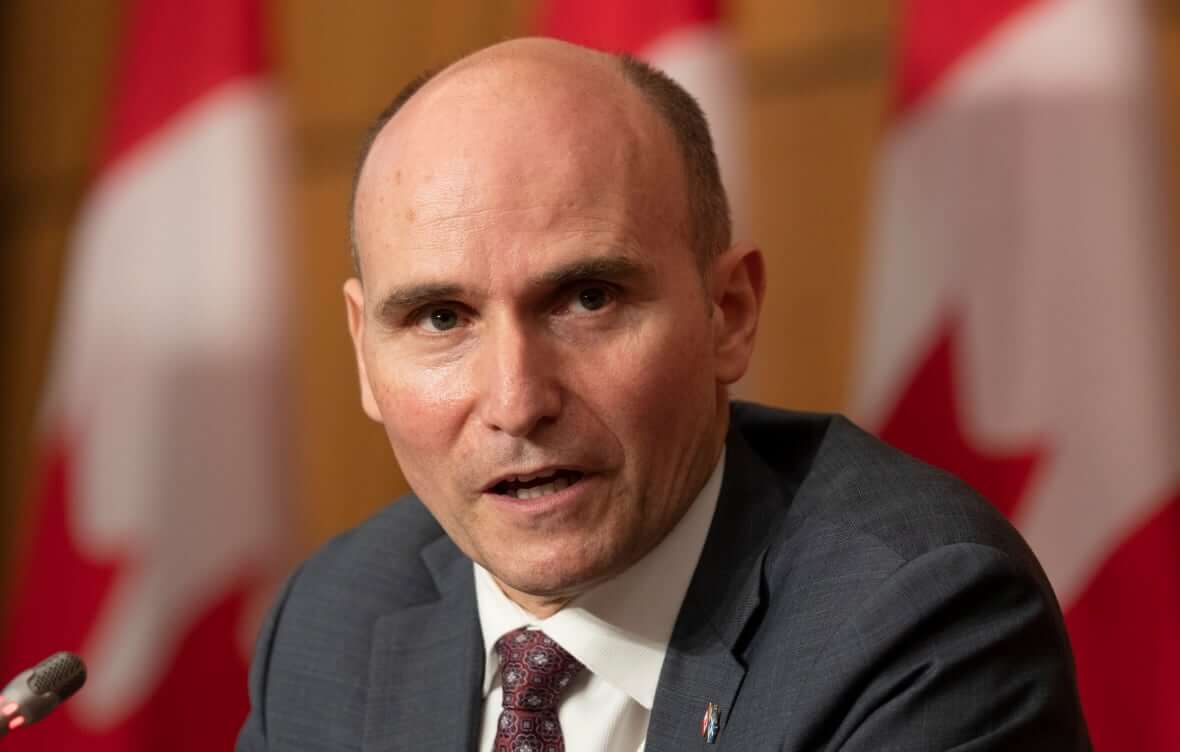Antivirals could be a pandemic game-changer — and they could be in Canada soon

As a pandemic-weary country confronts another wave of COVID-19 cases with a strained health care system, Health Canada is looking at new products that could offer some relief: antivirals.
Two such drugs are making their way through the labyrinthine Health Canada approvals process: Pfizer’s Paxlovid and Merck’s molnupiravir.
These antiviral treatments, which are prescribed by a doctor and administered in pill form, are designed to help the body fight off the SARS-CoV-2 virus, reduce symptoms from an infection and shorten the period of illness.
While Merck has grappled with questions about the efficacy of its product — molnupiravir is said to reduce hospitalization or death by 30 per cent — Paxlovid earned especially high marks in testing.

After a months-long study, Pfizer reported in November that Paxlovid reduced the risk of hospitalization or death by an impressive 89 per cent compared to a placebo in non-hospitalized high-risk adults with COVID-19.
Health care professionals here are now scrambling to get their hands on this product to help ease the pressure on hospitals and save lives.
While Canada has some of the highest vaccination rates in the world — a development that has dramatically reduced cases of severe illness — infections among the unvaccinated and breakthrough cases in those with two doses are still testing a health care system that is on the ropes after two years of the pandemic.
An effective pill that’s easy to self-administer at home could relieve some of that pressure and change the trajectory of the pandemic.
Dr. Zain Chagla is an associate professor at McMaster University and an infectious diseases physician who is leading a pilot program offering monoclonal antibodies at St. Joseph’s Healthcare in Hamilton, Ont.
Chagla said therapeutics — especially those like Paxlovid that can be administered outside of a hospital setting — are “absolutely” a “game-changer.”
“We know that vaccines have an incredible role to play but we need a backup option,” Chagla told CBC News. “Therapeutics give the highest-risk people the chance to stay out of hospital and have a benign recovery like everybody else.”
Deployed properly in the most vulnerable populations infected with COVID-19 — the unvaccinated, the immunocompromised, the elderly and people with comorbidities — therapeutics could reduce hospitalizations by as much as 80 per cent, Chagla said.
Fewer hospital admissions would leave more capacity in the health care system — which could put an end to lockdowns, he said.
A ‘pathway’ out of lockdowns
“A large number of the true COVID hospitalizations are groups you could pick out on paper and say, ‘If this person gets COVID, they’re going to be at highest risk,'” he said.
“If you could link them to testing, to therapeutics, if you could mitigate hospitalizations, that’s our pathway to living with this.”
Some U.S. jurisdictions, such as Florida, have embraced therapeutics. Florida’s governor, Ron DeSantis, has aggressively pushed monoclonal antibodies — which are administered intravenously — as a treatment option.
In Canada, monoclonal antibody treatments are not readily available. Chagla, who started Ontario’s first antibody clinic last fall, said he has faced a series of hurdles.
“We’re way behind on implementation and it’s been tough,” he said. “I would’ve hoped this drug would have been in our hands a couple weeks ago, when we were dealing with the worst hospitalizations that we’ve ever dealt with during the pandemic.
“We are dealing with health care overload and the sooner we get this, the better.”
Health Canada’s review ‘proceeding swiftly’: minister
Pfizer submitted data to the U.S. Food and Drug Administration for emergency use authorization (EUA) on Nov. 16. A month later, the company got the green light to roll out the product nationwide.
Last week, U.S. President Joe Biden doubled the government’s order of the Pfizer antiviral from 10 million to 20 million treatment courses to be delivered in the months ahead — a supply that could save as many as one million U.S. lives, based on early estimates.

Pfizer, the New York-based pharmaceutical giant which also developed a highly effective COVID-19 vaccine, started sending Paxlovid data to Health Canada regulators on Dec. 1.
An approval of some sort could be coming soon, Health Minister Jean-Yves Duclos told reporters on Wednesday.
“The Health Canada approval process is proceeding swiftly in an accelerated manner, as has been the case for many other approval processes in the last 22 months,” Duclos said.
The country’s premiers, notably Ontario’s Doug Ford, seem to be losing patience with Ottawa’s pace. In a Monday call, the premiers urged Prime Minister Justin Trudeau to make antiviral procurement a top priority.
Duclos said that message has been received.

“I’ve had several discussions with provincial and territorial health colleagues within the last two weeks, making sure that when and if this treatment from Pfizer is approved, we are able to move swiftly to clinical use of that treatment across Canada,” he said.
In early December, Canada placed an order for an initial quantity of one million treatment courses. Some of that supply will start to arrive after Health Canada’s expected approval — how much remains to be seen.
Christina Antoniou, a spokesperson for Pfizer Canada, told CBC News the company is “moving as quickly as possible in our efforts to get this treatment into the hands of patients.”
“Details about delivery timelines and amount of product to be received will be shared upon approval,” she said.
A spokesperson for Procurement Minister Filomena Tassi said the federal government expects deliveries “to commence shortly after approval.”
Paxlovid supply could be a problem
One major sticking point for Canada and the world is manufacturing capacity. Nearly three weeks after FDA approval, Paxlovid and Merck’s product are anything but plentiful south of the border.
Some small states have received very small shipments. Wyoming has enough supply for fewer than 100 people.
After the Biden administration declined to make advance purchase agreements for antivirals last summer — when COVID-19 appeared to be under control — Pfizer produced just 120,000 courses of treatment last year.
In an interview with CNBC Thursday, Rick Bright, Biden’s former therapeutics adviser, conceded the administration should have been much more “aggressive” about procuring the product and helping to expand Pfizer’s production capacity.
He said Biden may now want to invoke the Defense Production Act, which gives the president the power to order the production and supply of goods and services.
“This is one area where I wish we would have done more sooner,” Bright said. “I wish we would have ramped up manufacturing of these antiviral drugs as they were in development.”
Now, with global interest in antivirals running high as the Omicron variant wreaks havoc, Pfizer is promising to churn out 120 million courses of the treatment by year’s end.
The company told investors late last month it’s in the process of a “massive network expansion” at 14 different sites to meet the insatiable demand for these pills.
“We are leveraging our vast manufacturing and supply network for production of Paxlovid. We are currently bringing on additional capacity and ramping up further; as with our vaccine, we expect to use our strong manufacturing capabilities and our extensive supplier network to improve output rapidly,” said Antoniou, the Pfizer spokesperson.








Redes Sociais - Comentários